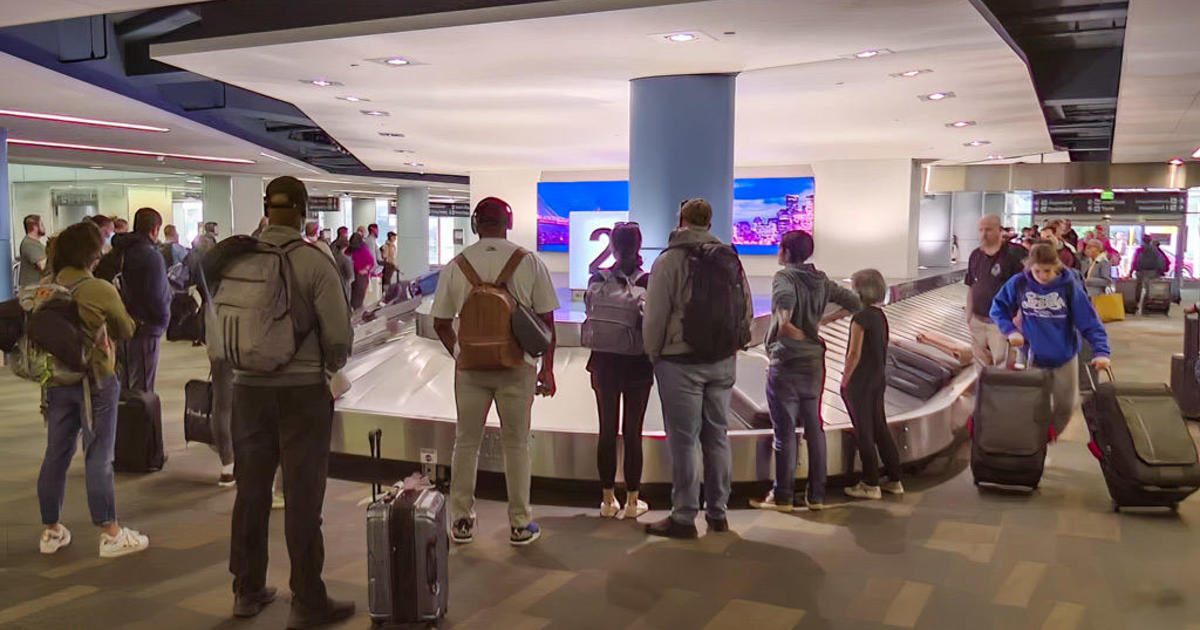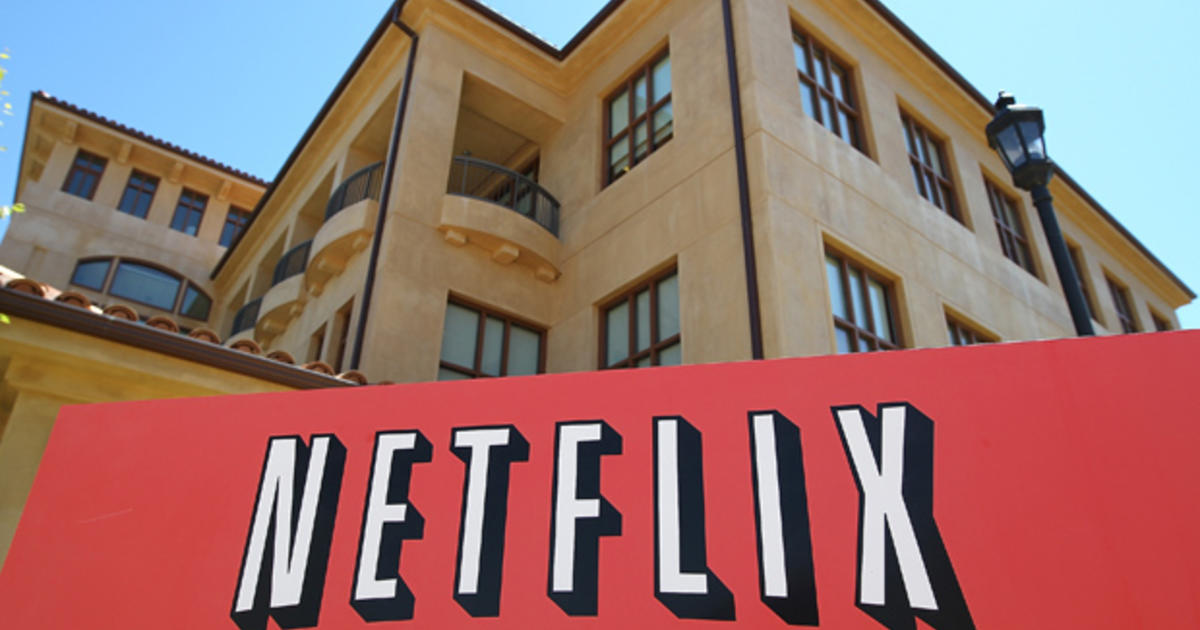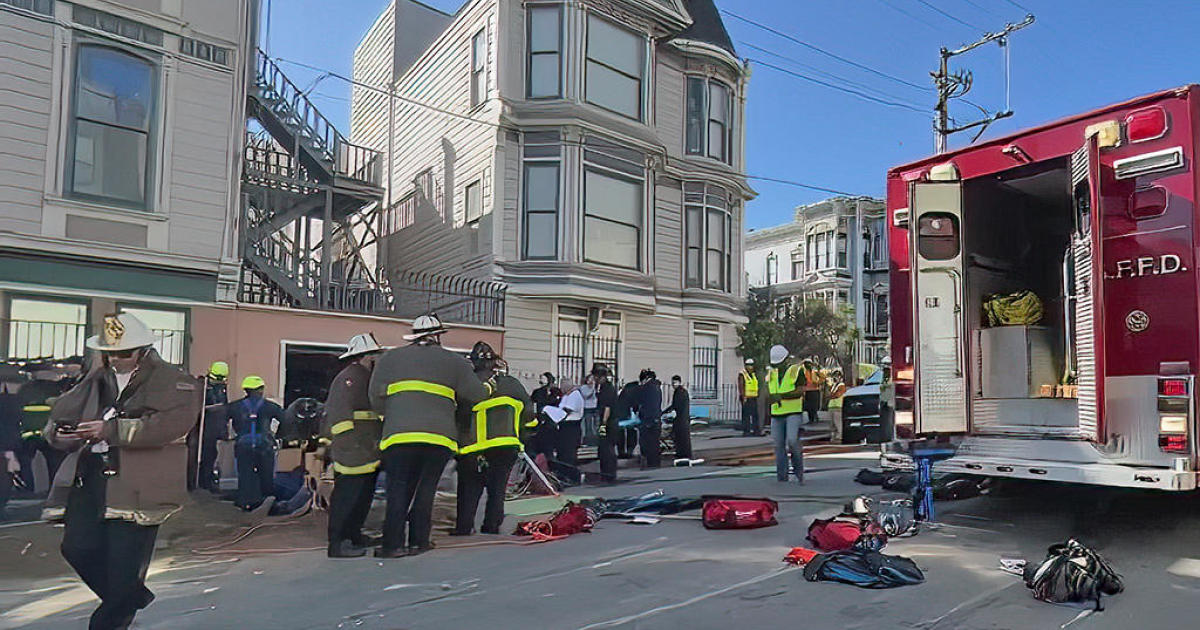Funds From California Specialty License Plate Program Misused
SACRAMENTO (CBS/AP) -- State auditors reported significant problems on Thursday in how California agencies collect and spend money from certain specialty license plate funds, including the loss of more than $22 million in revenue that could have been used for programs to help veterans, college students, firefighters and others.
Gov. Jerry Brown and lawmakers sought the audit after an investigation last year by The Associated Press. In part, the AP found that money in a Sept. 11 memorial license plate fund that was intended to help victims' families and law enforcement had been diverted to other programs.
In addition, Brown and former Gov. Arnold Schwarzenegger diverted $3 million of the $15 million raised for the California Memorial Scholarship Program to help close the state's budget deficit and never paid the money back.
The report was the first audit in the 20-year history of California's specialty license plate program. It found accounting problems within the Department of Motor Vehicles and problems in how money has been spent.
California's specialty plates have raised more than $200 million during the years to benefit the arts, Olympic athletes and other causes ranging from the California coast to Yosemite National Park and Lake Tahoe. More than 382,000 plates have been sold.
People who bought the plates were disappointed by the audit results.
"I kind of feel bad now that I didn't ask more questions about where the money was going," said Patricia Anderson, who paid $98 for a personalized plate reading "WE R 4US" when she lived in the San Francisco Bay area.
Her husband bought a second 9-11 memorial plate in the wake of the attacks.
"That was our way of expressing support. If it didn't go to what it was intended, then shame on those who asked us for our hard-earned money," Patricia Anderson said.
Auditors said the DMV failed to collect $22.2 million during the past two fiscal years alone because it undercharged some specialty plate owners and improperly did not seek the fees on inactive plates.
The review also said the DMV overstated its costs by $6.3 million for administering the California Environmental License Plate Fund, while undercharging other specialty plate funds by $1.1 million in the past three fiscal years.
The audit also cited a number of spending problems:
• The California Emergency Management Agency overcharged for administering the Anti-Terrorism Fund and spent some of the proceeds on programs not allowed by state law. For instance, auditors said it did not monitor whether the California Fire Fighter Joint Apprenticeship Committee actually provided training required under a $2.5 million contract.
• The Department of Food and Agriculture could not show that $896,000 in administrative expenses paid for out of the same fund actually involved anti-terrorism activities. It also did not properly administer contracts paid for with money from the fund.
• The Department of Parks and Recreation could not justify all the administrative costs it charged to the environmental fund.
• The Natural Resources Agency failed to submit required reports.
• The California Victim Compensation and Government Claims Board failed to identify and notify people eligible for a scholarship program funded by the plates.
"Our state government loses the public's trust when funds are being spent improperly," Sen. Mark DeSaulnier, D-Concord, said in a statement.
DeSaulnier, who chairs the Senate Transportation and Housing Committee, and Sen. Ted Gaines, the committee's vice chairman, promised more hearings if lawmakers find the agencies are not following the audit's recommendations.
"The egregious misuse of these funds is absolutely unacceptable," Gaines, R-Rocklin, said in a statement. He said motorists rightly expect their money will go for the causes they hope to support when buying the specialty plates, "not for unrelated office supplies and travel expenses."
The agencies generally agreed with the auditors' findings and recommendations for improvements. However, DMV cited limits in its database and unclear state laws that make it difficult to collect some funds.
The Food and Agriculture and Emergency Management agencies, Parks and Recreation department, and the Victim Compensation board all said they will do a better job tracking the spending of money generated by the plates.
The Natural Resources Agency disagreed with the findings, though auditors said the agency was misinterpreting its recommendations.
The AP's initial report focused on the memorial license plate created after the Sept. 11, 2001, attacks and emblazoned with the words, "We Will Never Forget."
The AP found that millions of dollars raised by selling the plates had been spent on such issues as livestock diseases and workplace safety—items with questionable links to threats of terrorism.
Some of the $1.5 million raised annually by selling those plates was supposed to fund scholarships for children of California residents who died in the attacks. The AP found the DMV was advertising the plates as benefiting those children seven years after the department stopped funding the program.
Assemblyman Mike Gatto, D-Los Angeles, chairman of the Assembly Appropriations Committee, said the audit will bring increased scrutiny of the funds in future budget hearings. After the AP's reporting, he was careful to add safeguards to his own bill last year that lets motorists buy retro "legacy" California license plates.
"We like to think we did ours correctly. We already put two clauses in there that make sure the money goes where it is supposed to go," he said.
(Copyright 2013 by CBS San Francisco. All Rights Reserved. This material may not be published, broadcast, rewritten, or redistributed.)



